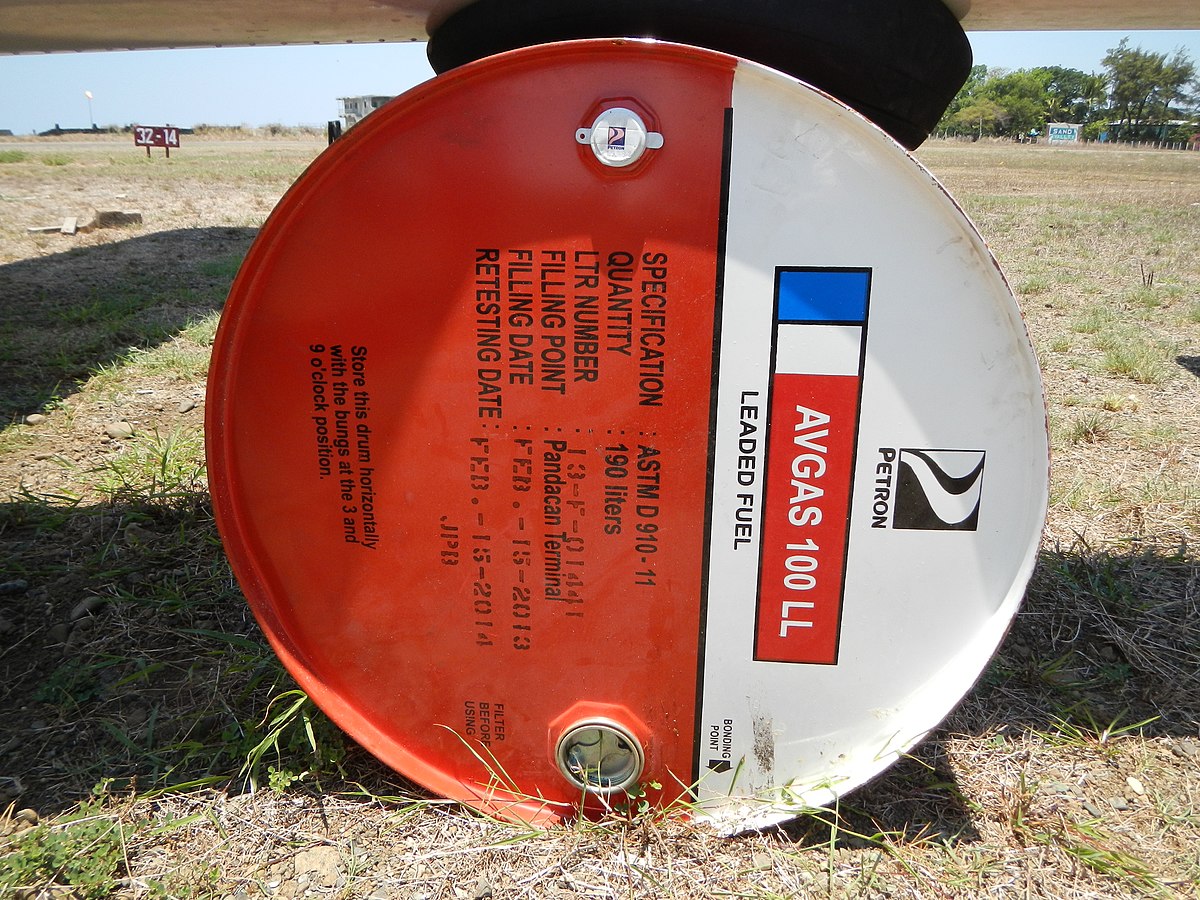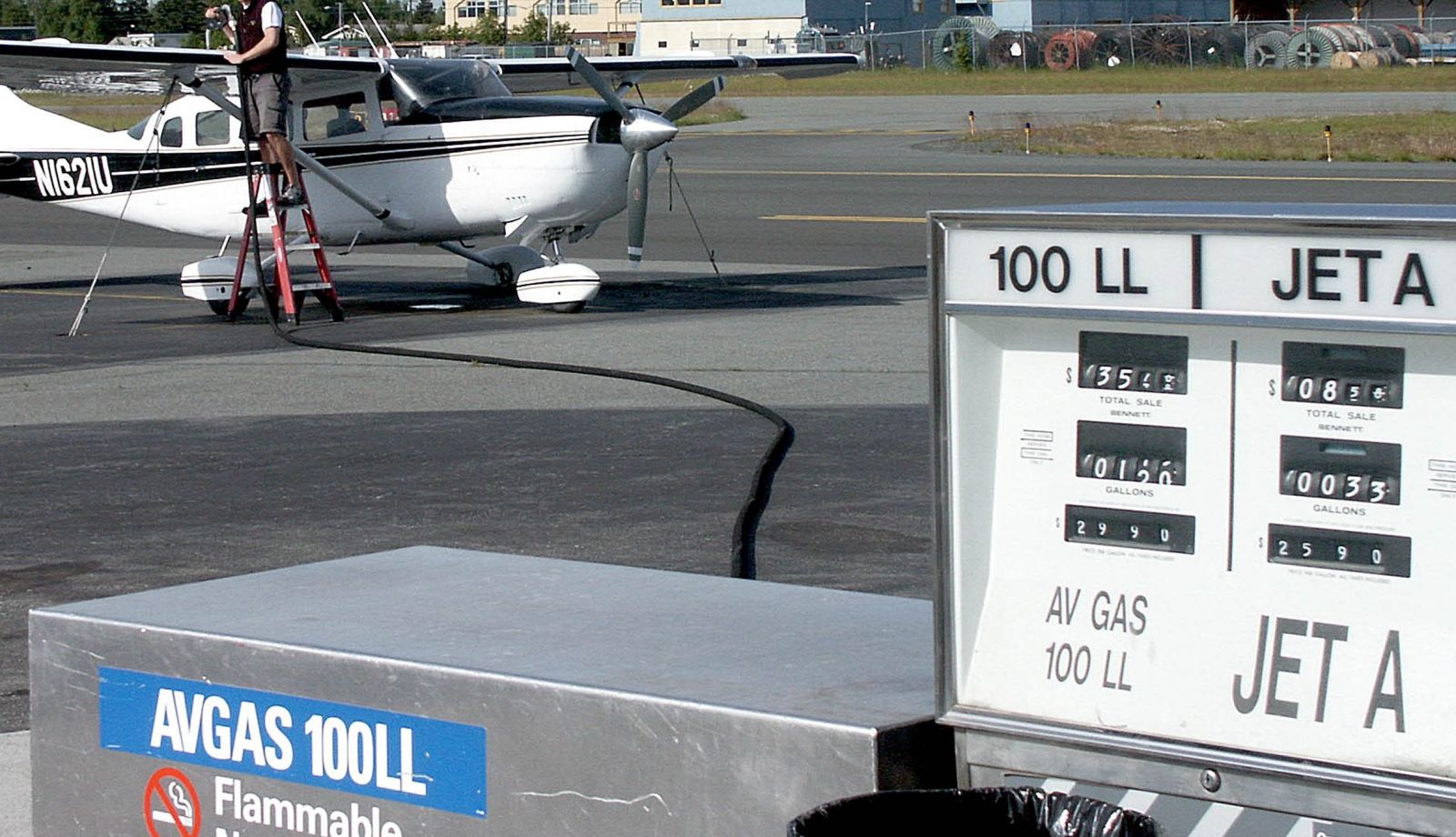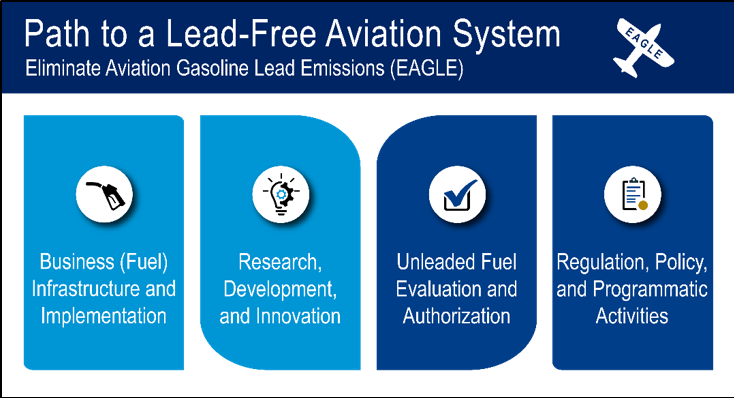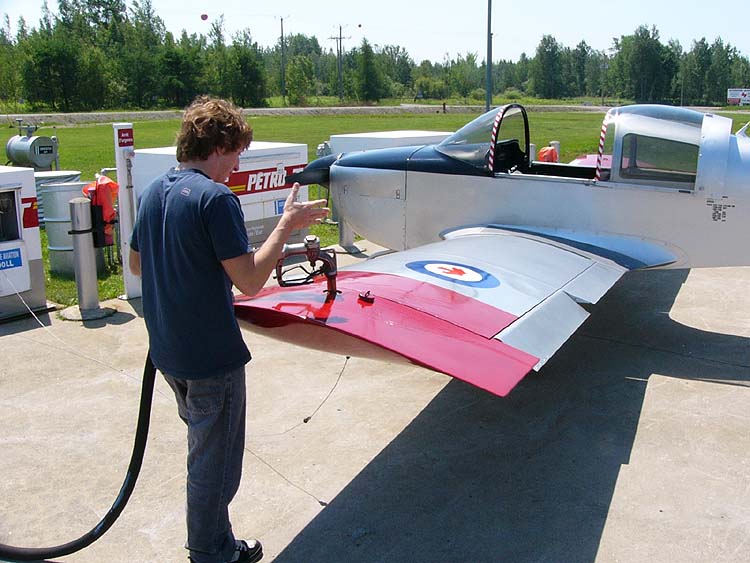Members and Witnesses Call on Federal Government to Phase Out Dangerous Leaded Aviation Fuel.
Rep. Ro Khanna, Chairman of the Subcommittee on Environment, held a hearing to examine the health harms from leaded aviation fuel and its impacts particularly to communities of color and low-income communities.
“Quickly phasing out leaded aviation fuels also fits within the broader climate goals of the aviation industry to phase out fossil fuels by 2050, by making aviation cleaner and safer,” Chairman Khanna said in his opening statement.
“The FAA and EPA must not repeat past injustices, and should instead exhibit the leadership we need to repair mistakes and protect kids and adults from these toxic fumes.”
Toxic Air: How Leaded Aviation Fuel Is Poisoning America’s Children .
Aviation gasoline (avgas) is the aviation fuel most commonly used in piston-engine aircraft. Avgas remains the only transportation fuel in the United States to contain lead more than 222,600 registered piston-engine aircraft can operate on leaded avgas.
The most common and reliable type of avgas is 100 octane Low Lead, also known as 100LL. This leaded fuel contains tetra-ethyl-lead (TEL), which is an additive used to prevent engine damage at higher power settings.
The Subcommittee heard testimony from Maricela Lechuga, a resident in the Reid-Hillview Airport Buffer Zone; Cindy Chavez, a supervisor for the County of Santa Clara; Bruce Lanphear, Professor of Health Sciences at Simon Fraser University; Chris D’Acosta, Chief Executive Officer at Swift Fuels; and George Braly, Chief Executive Officer of General Aviation Modifications, Inc.

Picture : Ramon FVelasquez
FAA says ,
Although the FAA does not have direct regulatory responsibility for aviation fuels, it provides the initial certification approval of the aircraft with the fuel it operates on, and it oversees aircraft operators to ensure use of the correct fuel.
Members asked witnesses about the dangers of leaded aviation fuel on human health and the environment.
- In his opening statement, Mr. Lanphear noted that “lead is a cumulative poison” and that “the World Health Organization and other groups agree that there is no safe level of lead exposure.”
- In her opening statement, Ms. Lechuga explained, “Airborne lead exposure is a literal injustice that seeps into our bodies through our lungs into our bloodstreams and bones, where it becomes unextractable.” In response to a question from Rep. Rashida Tlaib, Ms. Lechuga stated, “our community is being sprayed with toxic chemicals, and unless we make noise about it, no one’s going to care.”
- In response to a question from Chairman Khanna asking if “lead in aviation fuel is an environmental justice issue,” Ms. Chavez said, “I think as evidenced by 80 years of inaction, yes.” She emphasized that her county is “already in an area that has high levels of Alzheimer's disease, high levels of heart disease, high levels of cancer. When you add lead to a community that is struggling and suffering with the weight of all these externalities, you get a community that is being crushed.”
- In response to a question from Rep. Tlaib, Mr. Lanphear said that “each gallon of gas is estimated to lead to $10 of downstream costs on children’s lifetime earnings.”
FAA's efforts on Getting the Lead Out
The FAA is working with critical government and industry partners to develop a multi-layered strategy to reduce and ultimately eliminate lead and its potential harmful effects from fuel for piston-engine aircraft based on various recommendations in the National Academies of Sciences, Engineering, and Medicine (NASEM) report. This strategy includes continued FAA collaboration with industry through the Piston Aviation Fuels Initiative (PAFI).
The FAA also continues to support other fuel applicants who have decided to pursue engine and airframe approvals that would allow the use of their fuel formulations via traditional certification processes, through the supplemental type certificate (STC) process, as spelled out in Section 565(c) of the FAA Reauthorization Act of 2018.

Witnesses testified about the Environmental Protection Agency (EPA) and Federal Aviation Administration’s (FAA) failure to prevent lead poising near general aviation airports over the past three decades.
- In her opening statement, Ms. Lechuga explained how “land use decisions of the past continue to influence all aspects of our everyday lives from the quality education we receive to the air we breathe” and how “Latinos, recent immigrants, and low-income communities in the U.S. are far more likely to live, play, and work in places that expose us to toxic chemicals, including lead.”
- In her opening statement, Ms. Chavez explained: “The FAA should prioritize the development and certification of potential unleaded fuel that could replace the leaded avgas on the market, including G100UL, a 100-octane unleaded fuel that has been waiting for months for final FAA approval. There are solutions sitting on the table, waiting for action.”
- Rep. Tlaib noted: “FAA plans to phase out lead aviation gas by 2030, but that simply isn’t fast enough. Our children are being poisoned now. I've read that it can stay in their DNA. It can not only impact how they learn, but really, how they thrive.”
- In his opening statement, Mr. Braly said that manufacturers offering proven unleaded fuels waiting to be deployed are “waiting for FAA administrators to do something really hard: to pick up a ballpoint pen and sign a piece of paper.”
- Rep. Zoe Lofgren said, “The idea that we would continue to poison the children in east San Jose for another five or six years is completely unacceptable.”
Path to a Lead-Free Aviation System – the EAGLE Initiative
On February 23, 2022, the FAA joined aviation and petroleum industry stakeholders to announce a comprehensive public-private partnership to transition to lead-free aviation fuels for piston-engine aircraft by the end of 2030.

This initiative to Eliminate Aviation Gasoline Lead Emissions (EAGLE) will expand and accelerate government and industry actions and investments as well as establish the necessary policies and activities to permit both new and existing general aviation aircraft to operate lead-free, without compromising aviation safety and the economic and broader public benefits of general aviation.
The EAGLE Initiative is based on four pillars of action (depicted in the graphic above) designed to foster the necessary regulatory, innovation, and infrastructure solution sets to enable the commercial viability needed to facilitate the transition.
Members and witnesses are not Happy about 2030 Target !
Members and witnesses discussed steps the government can take to curb the use of leaded aviation fuel, including promoting alternative unleaded fuels and adopting a more aggressive timeline to phase out leaded aviation fuel.
- In his opening statement, Chairman Khanna noted that the “FAA’s public-private partnership to phase out leaded fuel by 2030, the EAGLE Initiative, doesn’t formally involve the communities that are facing lead poisoning from aviation fuel” and called on the FAA to “immediately commit to a faster timeline to reach a lead-free aviation future” and “stop deferring to the corporate greed of powerful industry interests.”
- In response to a question from Chairman Khanna, Ms. Chavez said: “We need the FAA to affirm the ability for local agencies to promote access to unleaded fuels, really by prohibiting them. We would like the FAA to provide resources for agencies seeking to expand their infrastructure and availability of unleaded fuels, and that way we can mitigate the harms of leaded avgas. They should prioritize the development and certification of potential unleaded gas that could replace leaded avgas on the market.”
- In her opening statement, Ms. Chavez noted, of her community’s decision to ban leaded aviation fuel locally, despite opposition from aviation interests, that “Santa Clara County’s decision has had virtually no impact on airport operations,” and that there “has not been a single safety incident related to the sale of unleaded avgas [at Reid-Hillview Airport] in the last 7 months.”
- Rep. Lofgren urged: “We need to do nationwide, but we also need to protect the children of East San Jose, right away. Hopefully, we will get some action from this Administration which has been sorely lacking and reinforced when they even refused to send anyone to testify today. Such a disappointment, and not what I expected from this Administration.”
Source : House Committie on Oversight and Reforms , Federal Aviation Administration.
Display Picture : Ahunt







